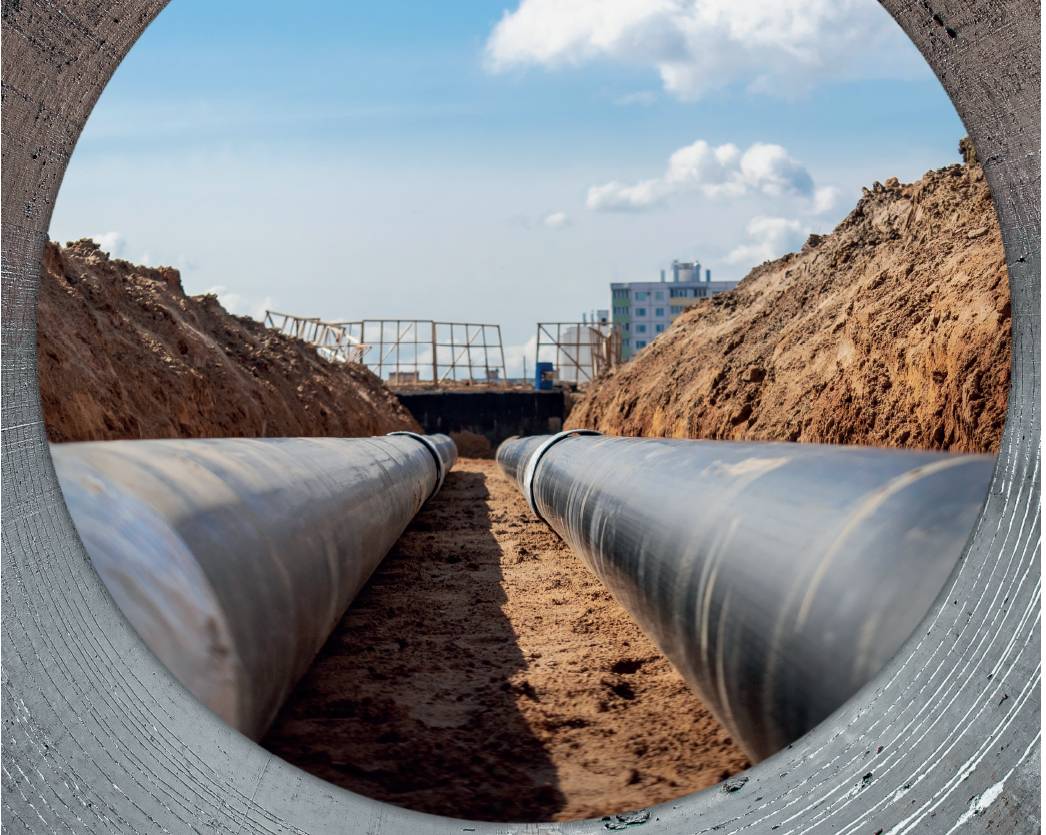The biggest issues of the month explored | Water
Inside Track
WATER
Keeping water in the private sector is the right approach to investment says NIC boss
Armitt says privatised companies are less exposed to public spending cuts
By Thomas Johnson
England and Wales must retain a privatised water sector if it is to achieve the necessary level of investment in water security, the chair of the National Infrastructure Commission (NIC) has argued.
NIC chair Sir John Armitt was speaking amid calls for water companies to be renationalised. He said renationalising water companies carried the risk of holding back vital water infrastructure investment.
 Armitt argues that private water companies have more control over their infrastructure spending than those in the public sector
Armitt argues that private water companies have more control over their infrastructure spending than those in the public sector
Calls for renationalisation came after Thames Water chief executive Sarah Bentley resigned at the end of June as the company struggled under a £14bn debt pile (NCE, last month). Thames Water also faces criticism for poor performance.
Following Bentley’s resignation, water regulator Ofwat told NCE: “Thames Water has significant issues to address – its environmental record and leakage performance, for example, are poor. Alongside the turnaround of its operational performance, it needs to improve its financial resilience too.”
However, Ofwat said that the water sector as a whole was still able to obtain private investment. “The sector is continuing to attract international capital and is especially attractive to long term investors such as pension funds,” it said.
At the Infrastructure Question Time discussion organised by the ICE Civil Engineers Club in July Armitt said: “I don’t think it’s realistic to talk about renationalising the water companies or, for that matter, any of the other sectors. The reality from a consumer point of view is that for at least the last 10 years, maybe 15 years, the price we pay for water hasn’t gone up and this hasn’t helped the water companies in terms of the amount of money they need.
“There is a realisation today that the amount of money that is needed is probably larger than anybody thought even five years ago, particularly on the sewage outfall front – £50bn is being talked about between now and 2050 for that.
“We’ve estimated £21bn just to make sure we’ve got enough water coming through the pipes and out of the taps by 2050, so it’s a £70bn investment and that is not going to realistically come from the government.
“There’s far more chance of it coming through the private sector; through the way in which the private sector can raise money. It can only raise money against a revenue stream and the important thing is that the revenue streams are realistic. Some people have commented in the last couple of weeks that it’s likely that we will have to face increased water bills and I think, to be fair, that’s probably not an unrealistic forecast.
“One way or the other we pay. We either pay the government through direct taxation or we pay as consumers.”
He added that nationalising the water sector could create more problems than it solves.
He said: “You don’t want to be on the receiving end of government budgetary constraints deciding, as a sector, how much money you’re going to get. That is an even more difficult way to run a business.
“Overall I think privatisation is the right approach to take.”
Armitt added that there should be tighter regulation of how and when water companies pay dividends to shareholders. There is a risk that they pay out excessive sums and become undercapitalised, weakening their finances.
Speaking at the same event, United Utilities director of capital delivery, commercial and engineering Jane Simpson also criticised the idea of renationalising the water sector.
She pointed out: “If you look across the [UK] water sector there are privatised companies, there are publicly listed companies, there are two companies still owned by the government and there’s a not-for-profit company. All of those companies are facing the same issues. All of those companies are facing the same outcomes.
“I’m not an economist, I am an engineer, but I know we’ve all got the same engineering issues, we’ve all got the same issues with combined sewer overflows, we all have the same financial constraints and we’ve all got the same regulator.”